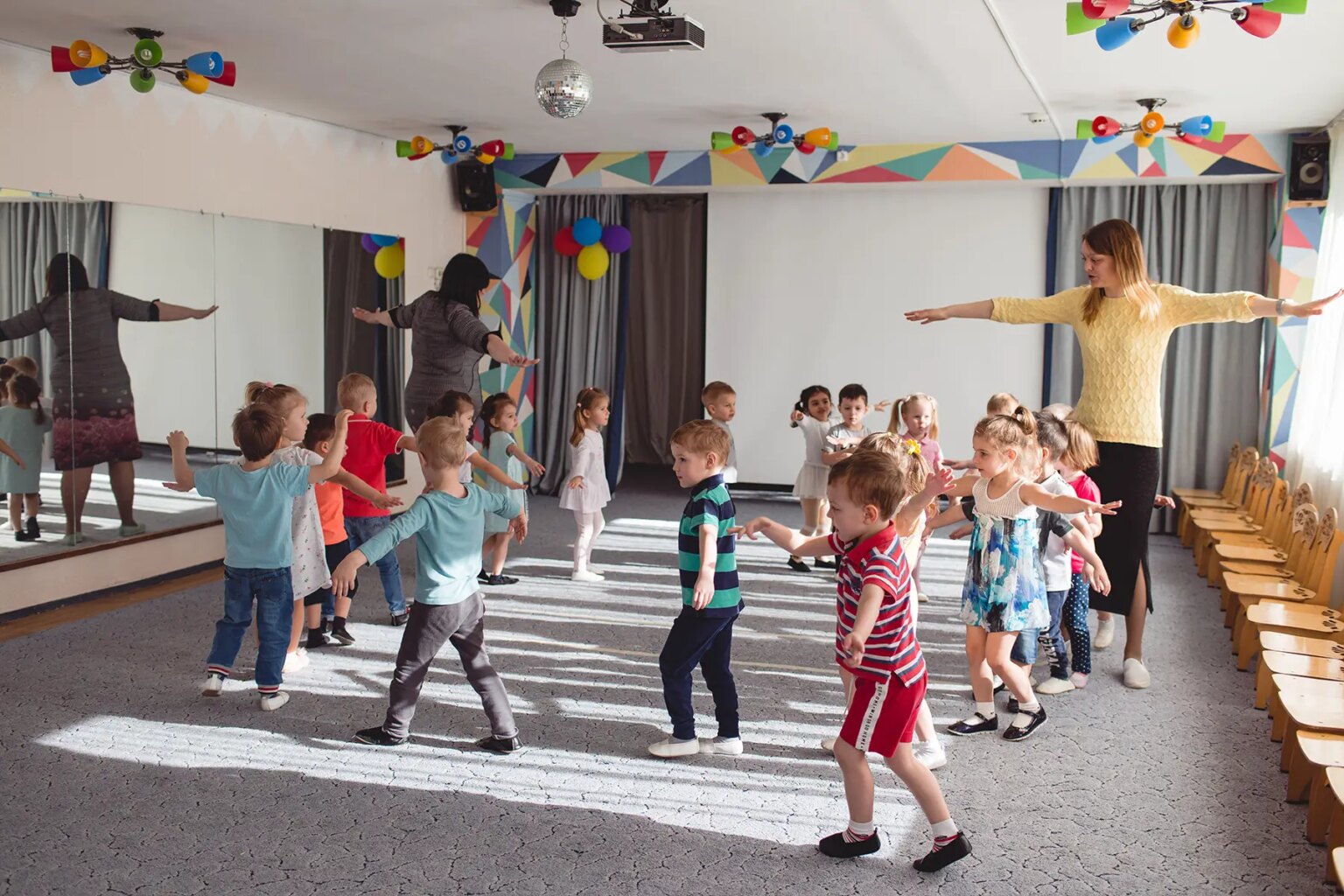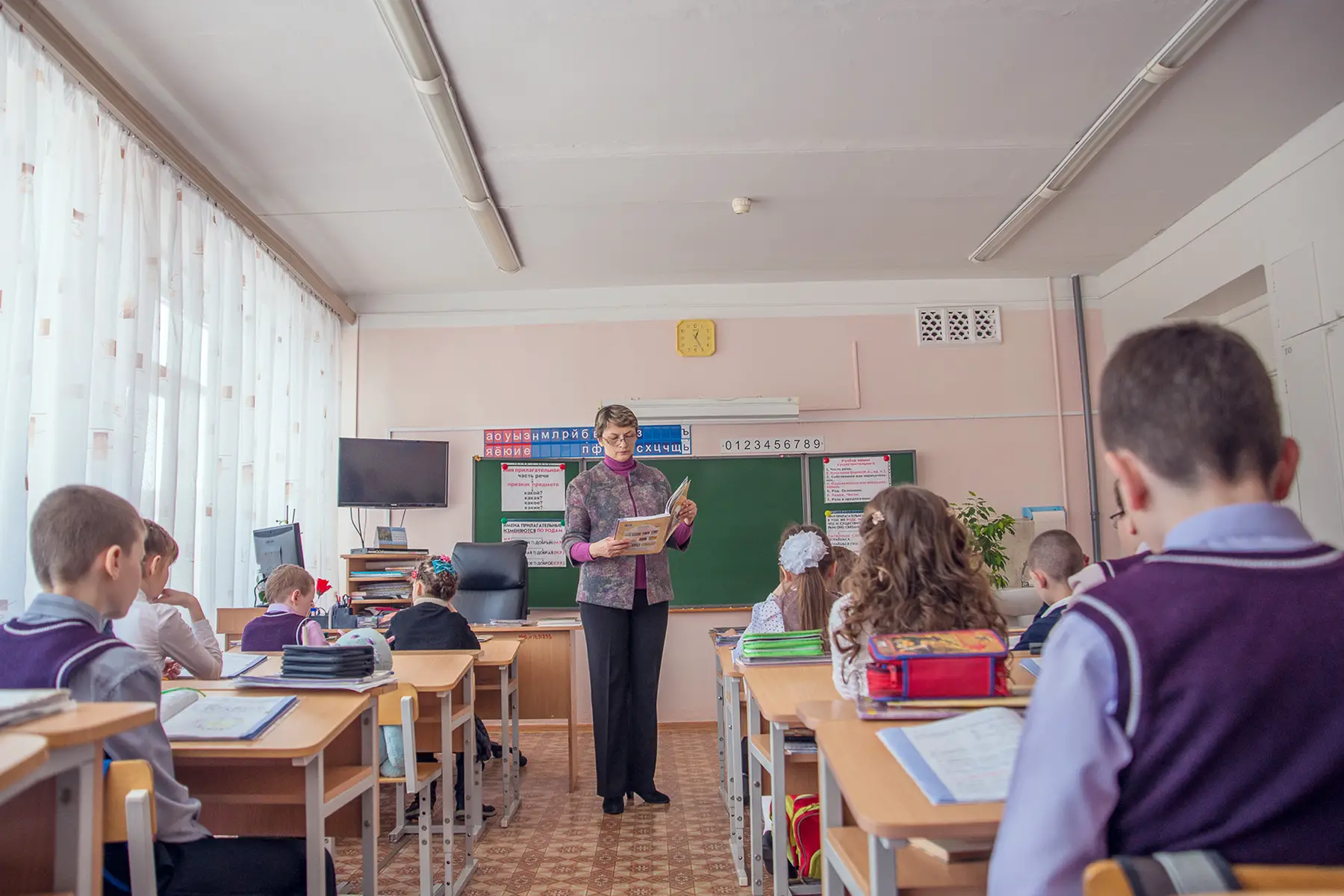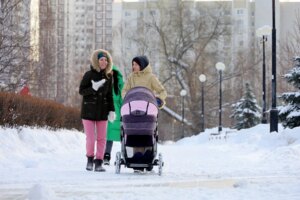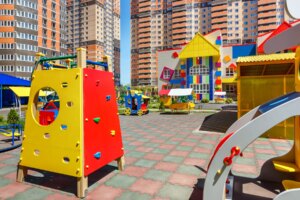Important notice from the Editor in Chief
Maintaining our Russian site is a delicate matter during the war. We have chosen to keep its content online to help our readers, but we cannot ensure that it is accurate and up to date. Our team endeavors to strike the right balance between giving information to those who need it, and respecting the gravity of the situation.
The Russian schooling system begins at the age of six when children attend primary school. However, many parents send their youngsters to preschools, nurseries, or kindergartens to prepare them for the education system.
Preschools in Russia generally accept children from the age of two and a half; some nurseries and kindergartens start from a younger age – around 18 months old. There are many Russian municipal preschools in Moscow but are traditionally heavily oversubscribed. As a result, there are now many private international preschools, a popular option for expats.
Selecting a Russian preschool
If you want your child to learn in a Russian environment, your child could attend a municipal preschool. When a place is available, your child will be accepted. However, you will likely go onto a waiting list until space/ becomes available.
If one of the international schools is your preferred choice, there are several to choose from. All of them teach an English or American curriculum. The majority of international preschools have baby clubs for children around two and a half years to help their development through the early years of schooling.
There are childcare facilities and schools for children up to the age of 17 from the English International School. This has a choice of two locations in Moscow. Rosinka, meanwhile, is another option with a kindergarten and after-school clubs available in addition to a Cambridge School style education.
The British and American embassies suggest several institutions with full schooling facilities as well as daycare for children between 18 months and four years old. Children of embassy staff can avail of childcare from as young as six weeks. There are also half-day preschooling options for those aged three and four.
Sad Sam’s and Busy Bees are two of the most popular private kindergartens with children taught in both English and Russian; at Little Angel’s, the teaching is more oriented around Russian. The English Nursery School, Children of the World preschool, and English Playschool Moscow are other English preschools popular with parents. The latter runs a baby club and an international school for those between 3–9. Smilik is a preschool offered by the Montessori School that is open year-round; it’s ideal for parents seeking to balance childcare arrangements with work.
Typical day at school
Most Russian preschools are open from 8.30am until 5.00pm or 6.00pm. In addition, some will offer a late pick-up service up to 7.00pm to help accommodate the needs of working parents.
Teaching is predominantly in English but some lessons will be in Russian. These will typically include counting, words, drawing, painting, music and other educational tasks aimed at preparing the children for the beginning of their formal schooling.





